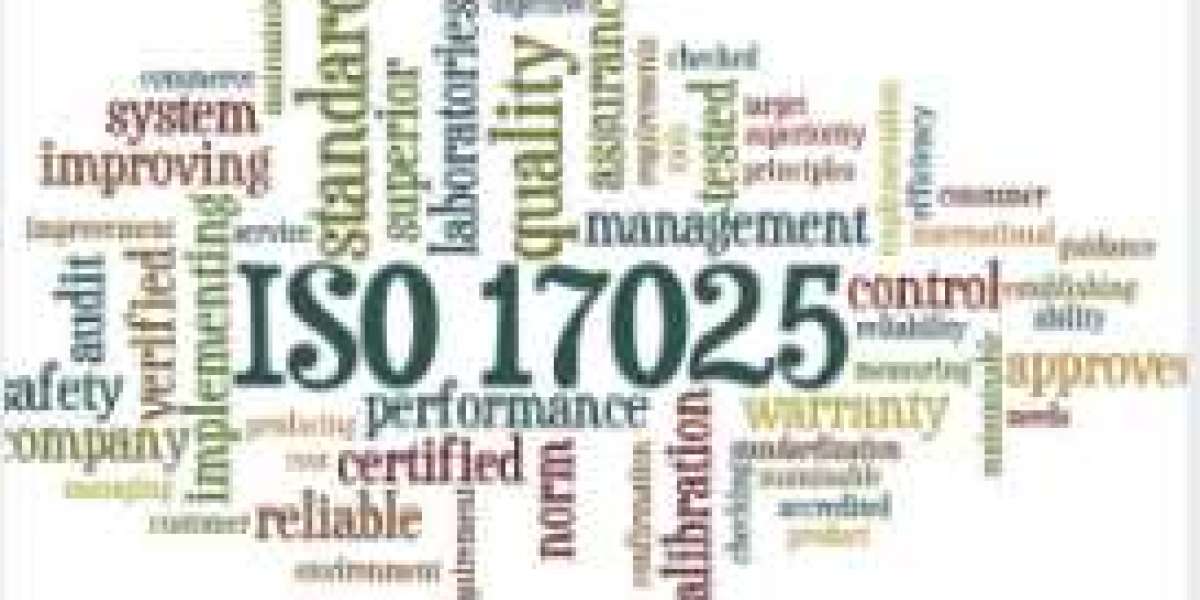Introduction
ISO 17025 is a globally recognized standard that plays a pivotal role in ensuring the quality and competence of testing and calibration laboratories. Accredited ISO 17025 certification signifies that a laboratory operates at the highest level of precision and reliability. In this article, we'll delve into the importance and benefits of ISO 17025 certification in 400 words.
What is ISO 17025?
ISO 17025, formally known as ISO/IEC 17025:2017, is an international standard that outlines the general requirements for the competence of laboratories. This standard sets forth criteria for both the management system and technical aspects of a laboratory's operation, covering factors like personnel competence, equipment calibration, and the validity of test results.
Importance of ISO 17025 Certification
Quality Assurance: ISO 17025 ensures that laboratories consistently deliver accurate and reliable results, which is crucial in various industries, such as healthcare, manufacturing, and environmental monitoring.
Legal and Regulatory Compliance: Many industries and regulatory bodies require laboratories to have ISO 17025 certification to comply with legal and quality standards.
International Recognition: ISO 17025 certification is globally recognized, facilitating international trade by demonstrating a laboratory's commitment to quality.
Benefits of ISO 17025 Certification
Improved Credibility: Certification enhances a laboratory's reputation, instilling trust in clients and partners. This credibility can lead to increased business opportunities.
Enhanced Quality Control: ISO 17025 requires laboratories to implement rigorous quality control processes, which results in better accuracy and consistency in testing and calibration.
Cost Reduction: By minimizing errors and rework, ISO 17025 certification can lead to cost savings, ultimately benefiting a laboratory's bottom line.
Risk Mitigation: The standard helps identify and address risks, ensuring that potential issues are resolved proactively.
International Collaboration: ISO 17025 certification allows laboratories to participate in international proficiency testing, fostering collaboration and knowledge sharing.
Certification Process
The certification process typically involves the following steps:
Gap Analysis: A laboratory assesses its current operations against ISO 17025 requirements to identify areas of improvement.
Documentation and Implementation: The laboratory creates or updates its quality management system documentation and implements necessary changes.
Internal Audits: The laboratory conducts internal audits to ensure compliance with the standard.
Accreditation Body Assessment: A third-party accreditation body assesses the laboratory's operations and issues the ISO 17025 certification upon successful evaluation.
Conclusion
ISO 17025 certification is a critical milestone for testing and calibration laboratories, enabling them to demonstrate competence and credibility in their respective fields. It plays a fundamental role in ensuring the quality of results, legal compliance, and international recognition. Laboratories that attain ISO 17025 certification benefit from enhanced quality control, cost savings, and increased opportunities for collaboration and growth. In a competitive global market, ISO 17025 certification is a valuable asset that sets laboratories apart and contributes to the overall improvement of testing and calibration practices.








